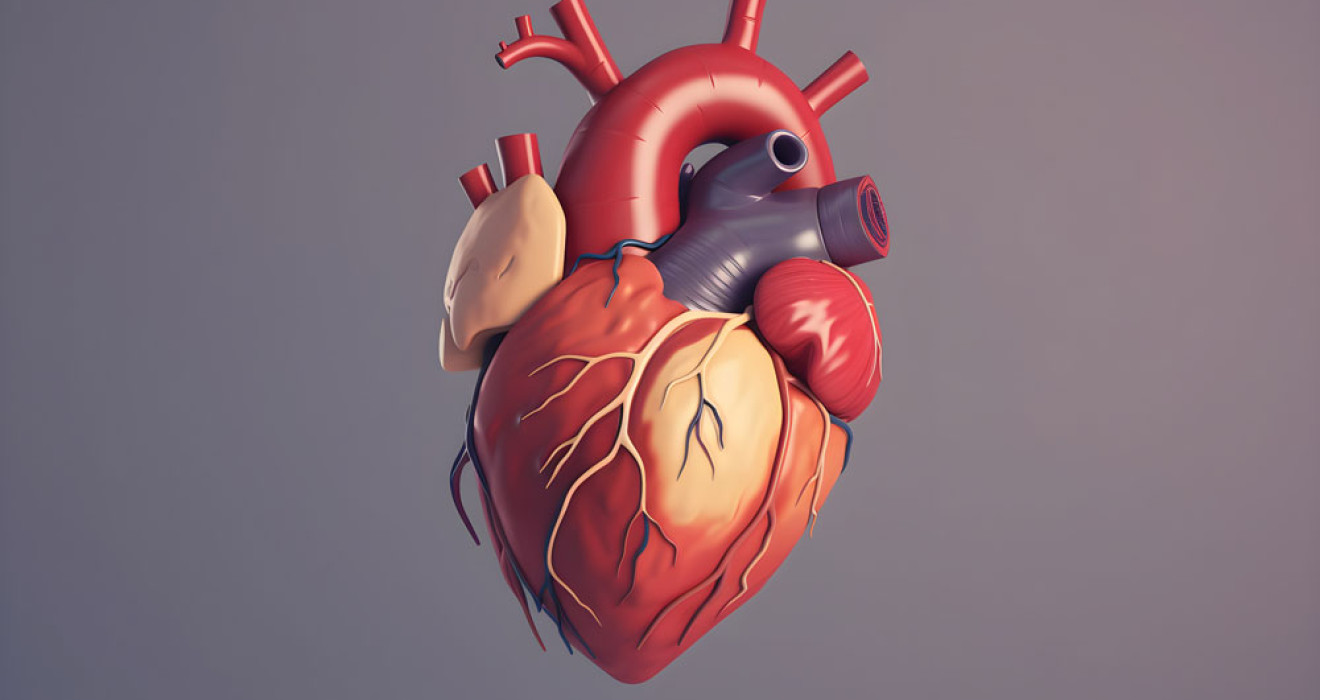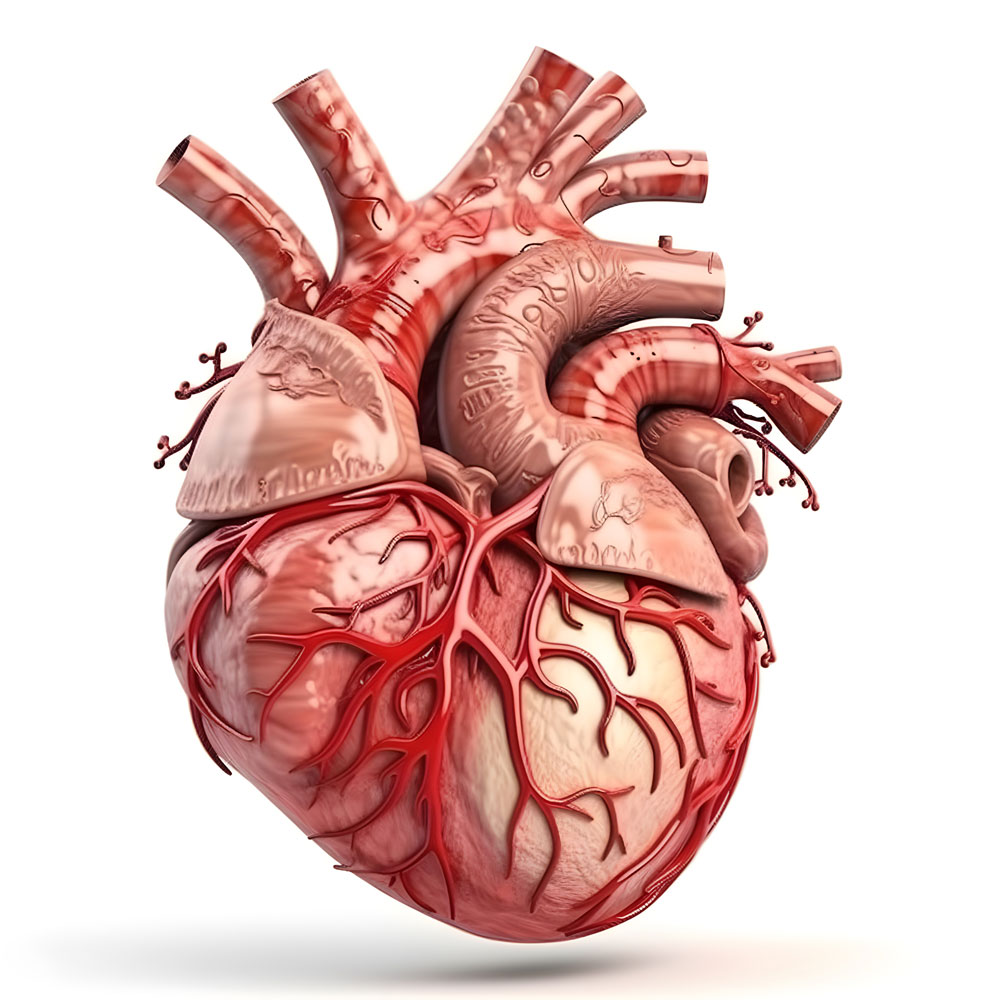
Myocarditis
Myocarditis is a disease that occurs when the heart muscle becomes inflamed. It is often caused by various factors such as viral infections, bacterial infections, autoimmune disorders, or certain medications. Inflammation can affect the normal function of the heart muscle and lead to serious health problems. Therefore, diagnosis and treatment are of utmost importance.
What is Myocarditis (Myocardial inflammation)?
It refers to the myocardial inflammation. It occurs in the middle part of the heart wall known as the myocardium. This inflammation can disrupt the functioning of the heart muscle, hindering its proper operation.
What are the Symptoms of Myocarditis (Myocardial inflammation)?
The myocarditis symptoms include the following:
- Chest pain
- Shortness of breath
- Fatigue
- Palpitations
- Sensation of rapid or irregular heartbeat
- Dizziness or fainting
- Sweating
- Cough
- Body aches
- Fever
- Chills
What Causes Myocarditis (Myocardial inflammation)?
Myocardial inflammation can be caused by various factors. The most common causes include:
- Viral infections
- Bacterial infections
- Fungal infections
- Parasites
- Autoimmune disorders
- Toxins
- Certain medications
How is Myocarditis (Myocardial inflammation) Diagnosed?
Several tests can be conducted to diagnose it. Initially, the doctor relies on the patient's symptoms and medical history to make a diagnosis attempt. However, additional tests are necessary for an accurate diagnosis. These tests may include an electrocardiogram (ECG), echocardiography (heart ultrasound), blood tests, X-rays, magnetic resonance imaging (MRI), and heart biopsy.
What are the Treatment Methods for It (Myocardial inflammation)?
Myocarditis treatment depends on the underlying cause and the severity of the symptoms. The following methods are commonly used in treatment:
- Medications
- Rest
- Monitoring of heart rhythm
- Repair or replacement of heart valves may be necessary.
- Treatment for heart failure
The goal of myocarditis treatment is to reduce inflammation in the heart muscle and accelerate the healing process. Therefore, it is crucial for patients diagnosed with myocarditis to adhere to the treatment plan.
Frequently Asked Questions
-
It can occur at any age. However, certain risk factors can increase the likelihood of its development. It commonly occurs as a result of factors such as viral infections, bacterial infections, autoimmune diseases, or the use of medication or toxins. Additionally, myocarditis can develop following invasive procedures like heart transplantation or cardiac catheterization.
-
An ECG (Electrocardiogram) is a test that measures the electrical activity of the heart. Myocardial inflammation can exhibit certain indications in ECG results, but these signs are not sufficient for a definitive diagnosis. Your doctor will evaluate the ECG results along with a physical examination and other diagnostic tests for an accurate diagnosis.
-
Yes, myocardial inflammation can cause pain in the heart area. If you suspect myocardial inflammation, it is important to consult a cardiologist.
-
To protect yourself from myocarditis, you can take the following precautions:
- Prevention of viral infections: Practicing good hand hygiene, avoiding close contact with infected individuals, and keeping your vaccinations up to date can help protect you from viruses
- Control of autoimmune diseases: If you have an autoimmune disease, maintaining regular communication with your doctor and adhering to your treatment plan is essential
- Caution in medication and toxin use: Follow your doctor's recommendations for medication use and adopt a healthy lifestyle to minimize exposure to toxins. Avoid smoking and excessive alcohol consumption, especially for the sake of your heart health
- Infection control: Maintaining a hygienic lifestyle, improving your handwashing habits, keeping your vaccinations up to date, and taking appropriate precautions in crowded environments are important for preventing infections
-
Yes, the influenza (flu) virus can cause myocarditis. However, it is a rare complication.
-
Remember, myocardial inflammation is a serious heart condition. Therefore, it is important to consult a cardiologist for diagnosis and treatment.


